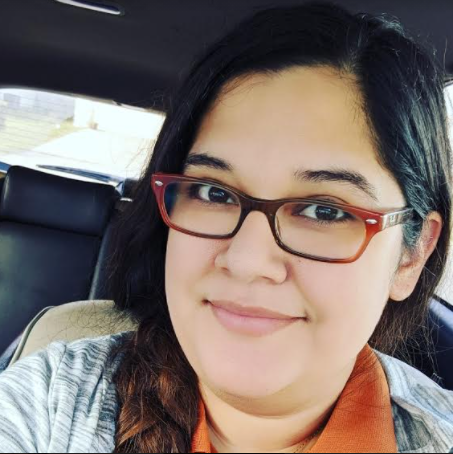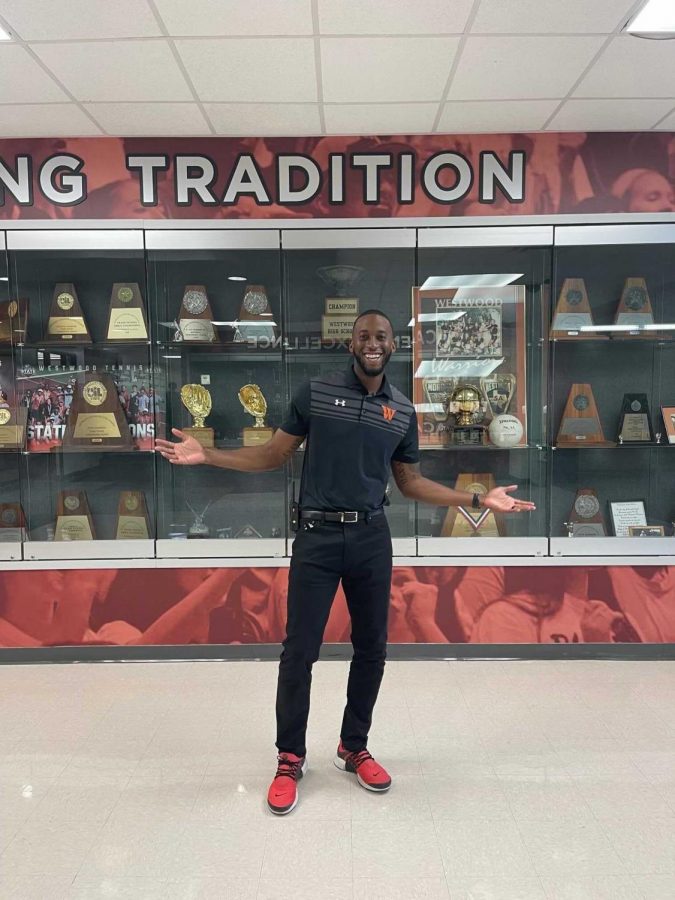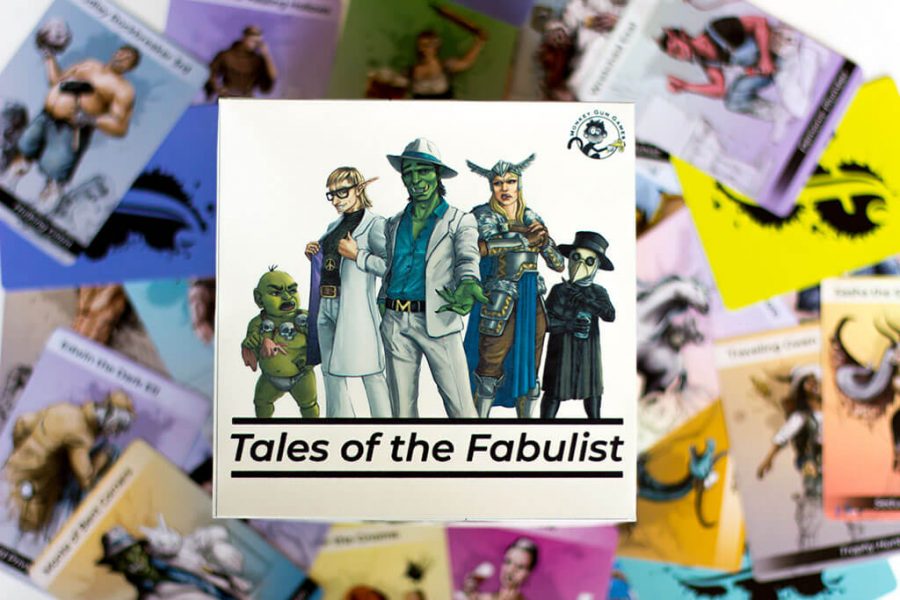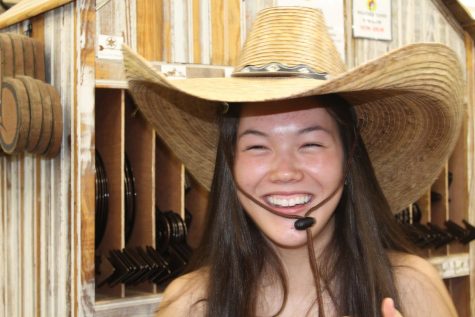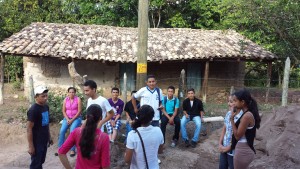 Spanish teacher Mr. McDonough recently traveled to Honduras to drop off student-donated school supplies for Honduran students. This wasn’t Mr. McDonough’s first trip to Honduras, though. He is actually a board member of a non-profit called Honduras Good Works (HGW), which works to provide better lives for Hondurans.
Spanish teacher Mr. McDonough recently traveled to Honduras to drop off student-donated school supplies for Honduran students. This wasn’t Mr. McDonough’s first trip to Honduras, though. He is actually a board member of a non-profit called Honduras Good Works (HGW), which works to provide better lives for Hondurans.
HGW has three programs: a medical brigade, micro-financing projects, and a scholarship program. The medical brigade goes in the summer to provide a short-term primary care to the El Paraiso region of Honduras, and has seen over 36,000 patients. HGW has also received a grant by the Episcopal Diocese of Texas to provide much needed vitamins and anti-parasites to 1,000 primary school children.
Micro-financing is a method of getting loans to people with no credit history, no collateral, no income, and sometimes no education. Micro-financing has had more success in eradicating poverty than any other method. Currently, HGW has provided loans to build a stone factory that will produce stone mosaic tiles to be exported to the United States.
Mr. McDonough focuses on the third branch of HGW, education of Honduran children.
“The education system in Honduras is very backward and as a result, many kids do not go to school after elementary,” Mr. McDonough said. To attend school, Hondurans have to pay for their books, uniforms, school supplies, and even a cleaning crew. So many children in poverty are unable to attend school without financial assistance.
Mr. McDonough, however, is a part of a scholarship committee who works with Honduran students to get an education and encourages them to continue their education. He brought school supplies in his suitcases for the students, and some of them are donated by Westwood students. This year, Westwood students and others were able to donate over 600 pounds of school supplies.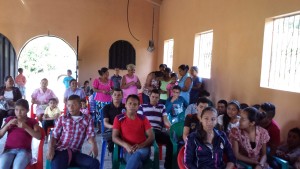
The trip lasted from Dec. 2 to Dec. 6, and consisted of visits to five different villages and five different groups of kids. One activity they did with the kids was to think about the problems in their community and how they might be able to solve it.
“Hearing their stories gave me hope that they can achieve their goals and make Honduras a more livable country, which currently it is not,” Mr. McDonough said.
On Saturday night, the leader of HGW gathered all 200 scholarship students in a field behind his house for a cultural day. They danced, performed skits, and ate food.
“When people ask how the trip went, I tell them I am happy and sad at the same time,” Mr. McDonough explained. “Teenagers in the U.S. — and for that matter, adults too — have no idea the amount of roadblocks that are put in the way of these children in getting an education. I feel that if we as a society just cared a little bit more about what goes on in our neighboring countries, we could help them in a way that helps them helps themselves.”

